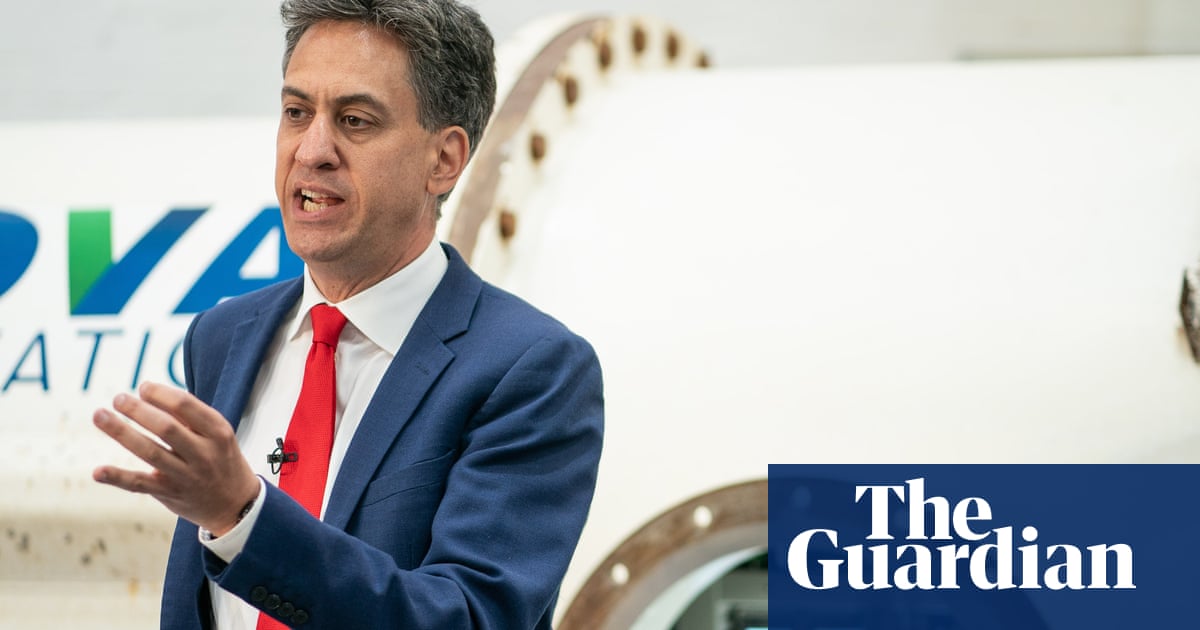
EU energy ministers have agreed to levy windfall taxes on energy companies’ profits, and to cut electricity use, but remain at loggerheads over proposals to cap the price of gas.
Meeting in Brussels on Friday, the bloc’s 27 energy ministers signed off on proposals to levy a “solidarity contribution” on fossil fuel producers that have benefited from soaring energy prices.
Revenues of renewable energy and nuclear power companies will be capped in response to the “unexpectedly large financial gains” made in recent months, as a result of their profits being linked to the price of expensive gas and coal, according to an EU statement.
The measures, which together could raise €140bn (£123bn) to help lower consumer bills and fund the switch to green energy across the EU, contrast with the British government’s approach. Liz Truss, the UK prime minister, has ruled out extending the £5bn energy tax introduced by the former chancellor Rishi Sunak.
Unlike the UK, the EU is also moving ahead with plans to reduce demand for energy. Ministers agreed on a voluntary target to cut electricity use by 10% and a mandatory energy savings target of 5% during peak hours. The mandatory peak hours target was deemed necessary to avoid power being simply moved from most to least efficient countries in the EU’s shared electricity market.
The 10% cut in electricity use is meant to be achieved between 1 December and the end of March. A 15% voluntary target for cutting gas consumption over the winter was agreed in July.
EU officials said if the demand-reduction plans were successful, governments would earn less than the estimated €140bn from windfall taxes, but consumers would benefit from lower bills.
The emergency measures were agreed after a 37% decline in gas supplies from Russia to the EU between January and August, following the invasion of Ukraine. The risks to EU energy supply were further exposed this week when four leaks were found in two Nord Stream gas pipelines, believed by EU leaders to be acts of sabotage.
Despite the consensus on a windfall tax and energy savings, ministers remain divided over plans to cap the price of gas. France, Italy, Spain and Poland were among 15 countries this week urging the European Commission to table a price cap as “the one measure that will help every member state to mitigate the inflationary pressure, manage expectations and provide a framework in case of potential supply disruptions, and limit the extra profits in the sector”.
The Czech Republic’s industry minister, Jozef Síkela, who chaired Friday’s meeting, called on the commission to table additional measures targeted at reducing gas prices as soon as possible. “The households and businesses need the help now. We are in the energy war with Russia and we need to act. Now means now … Now is not in a week and definitely not in a month,” he said.
Germany, the Netherlands and EU officials, however, are sceptical about a price cap, fearing it could harm the EU’s ability to secure scarce supplies of liquified natural gas in a competitive global market.
Critics also say the system would require an EU authority to allocate and ration gas to member states, a politically fraught task never done at EU level. Luxembourg’s energy minister, Claude Turmes, said capping the wholesale price of gas had risks. “What happens when the clearing is not happening? Who will then decide where gas goes? [Is the] European Commission to decide? … Look, I think this is a system that can be very, very difficult to administer.”
The commission continues to favour capping the price of Russian gas, a measure that has the support of only the Baltic states and is unlikely to pass.
Kadri Simson, the EU energy commissioner, said the commission was “ready to develop a temporary EU-wide measure to limit the price of gas in electricity generation”, which she described as a far-reaching step.
“A wholesale gas price cap is a legitimate option,” she told reporters, “but it requires a radical intervention in the market which means several non-negotiable conditions have to be met before this cap will work.” One of those conditions, she said, would be a gas-savings target going beyond the 15% already set.
Riina Sikkut, Estonia’s infrastructure minister, rejected suggestions that Europeans faced a choice between heating and eating. “We can’t forget that we are in a situation of war,” she said. “Ukrainians are paying with their lives. So we may temporarily pay higher bills or prices in the food store.”












